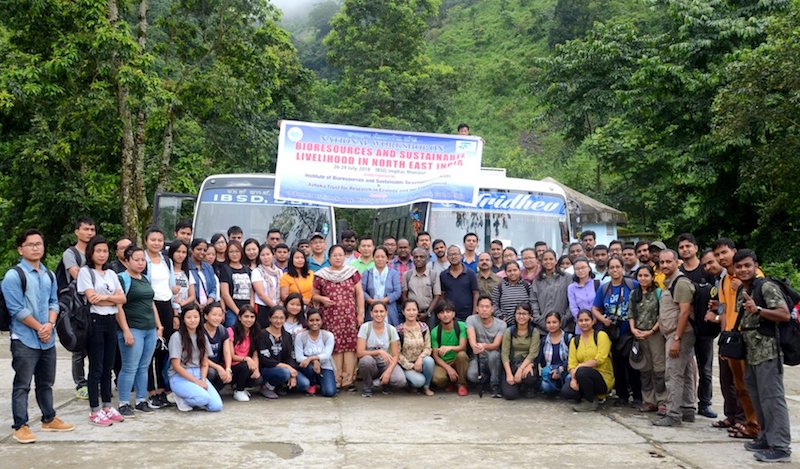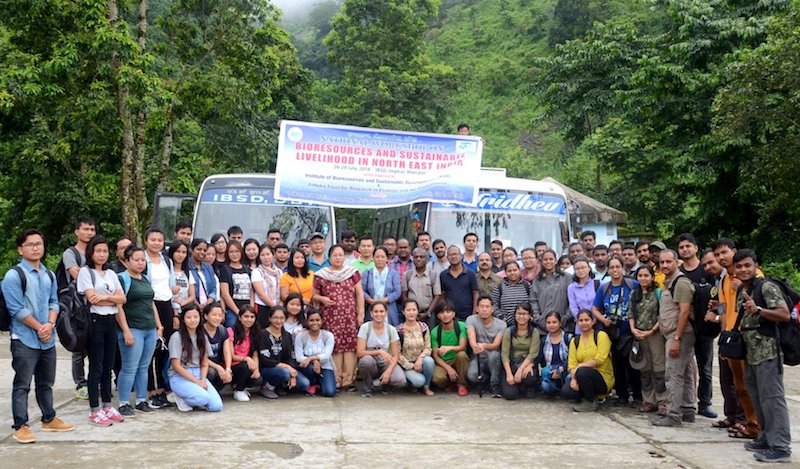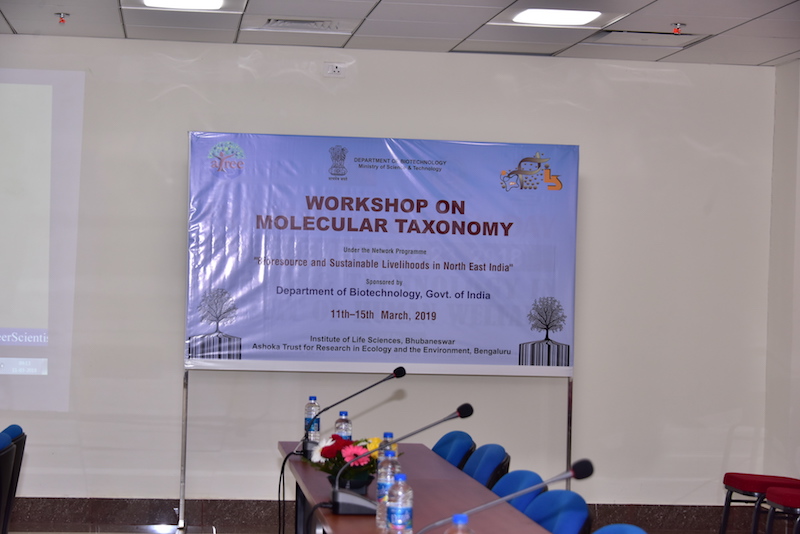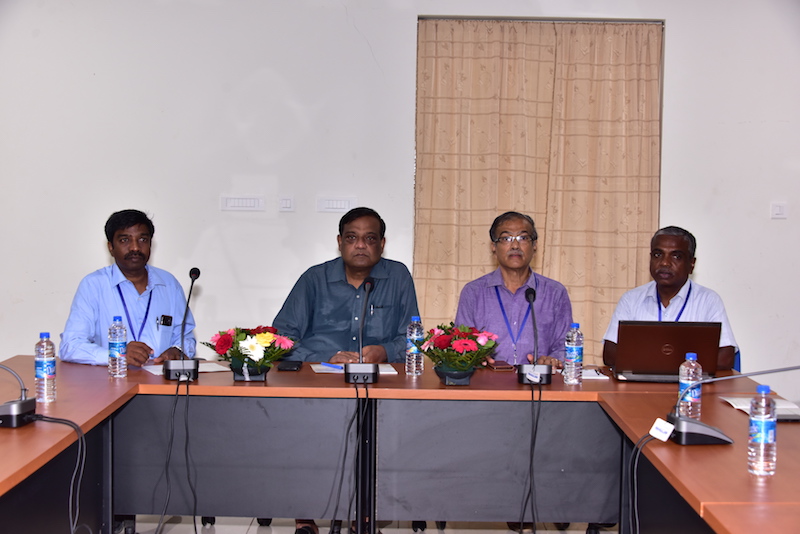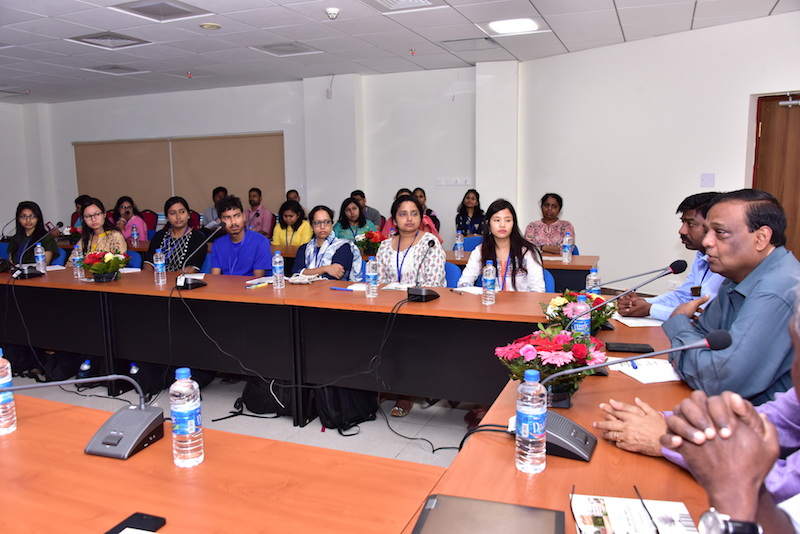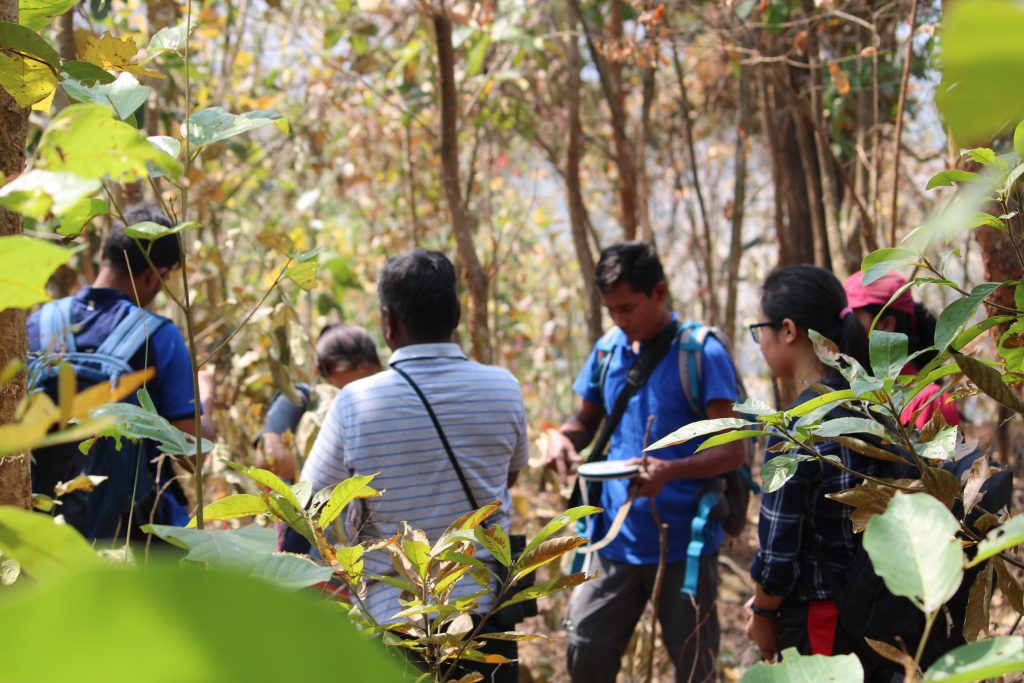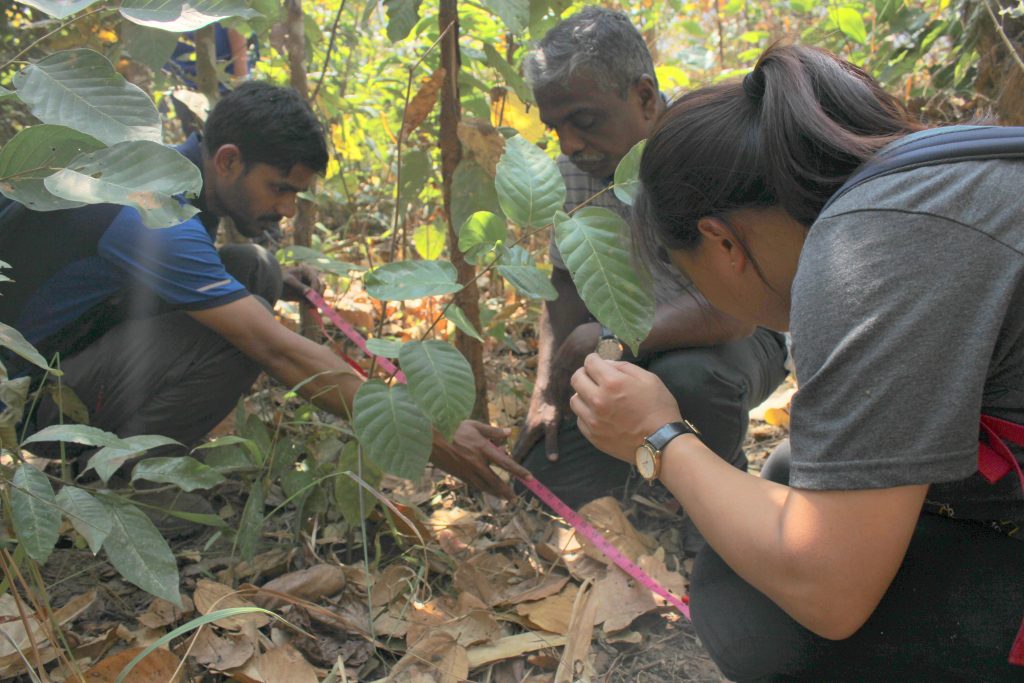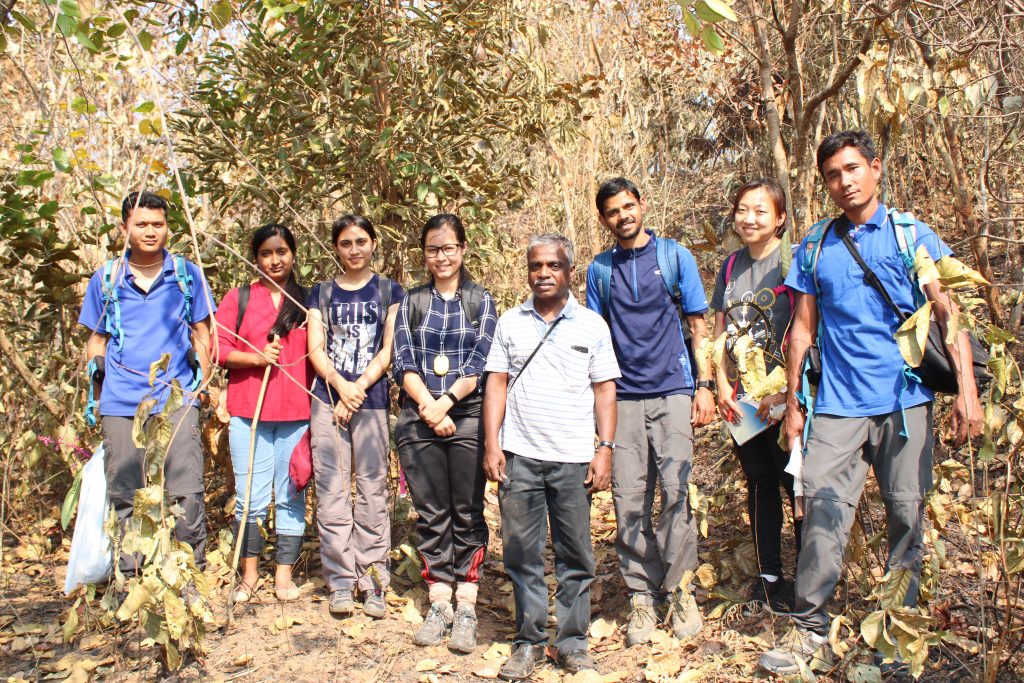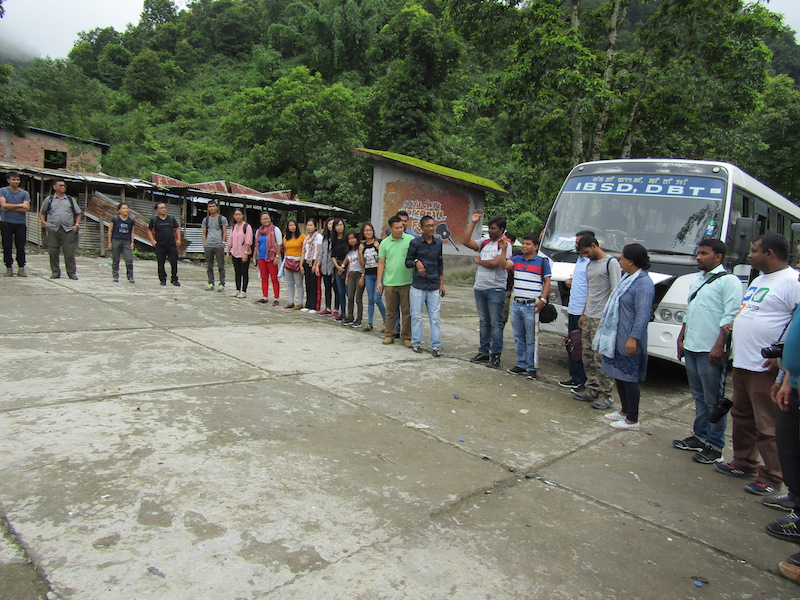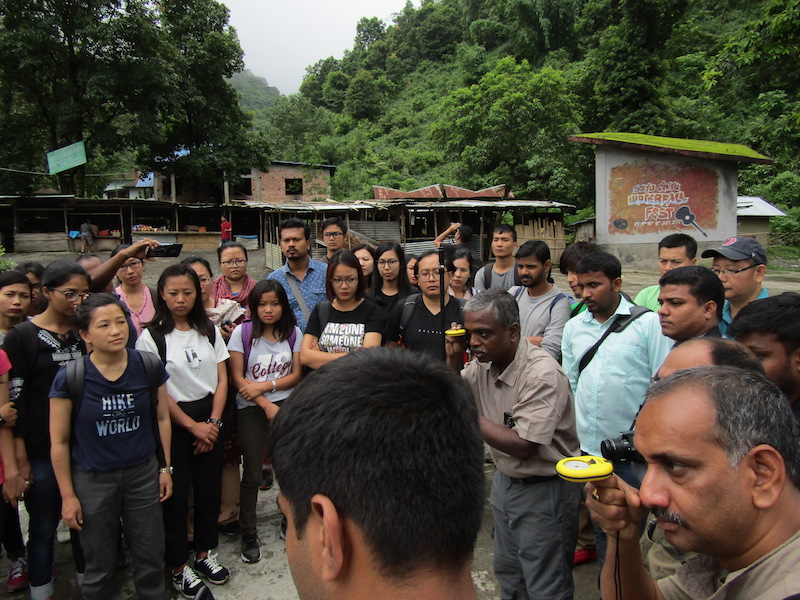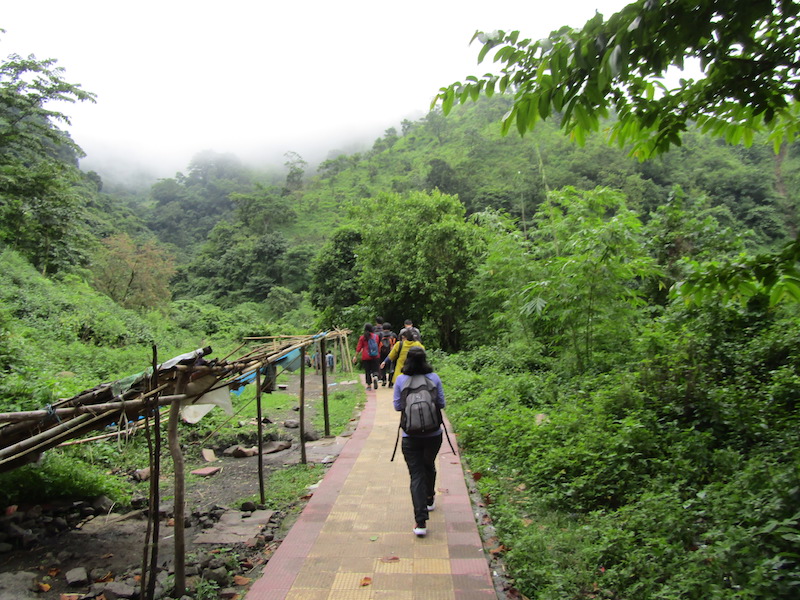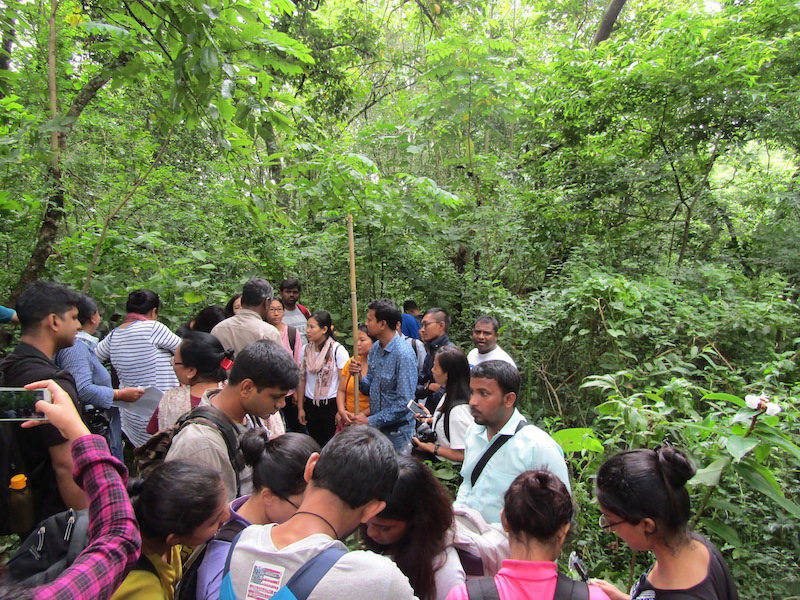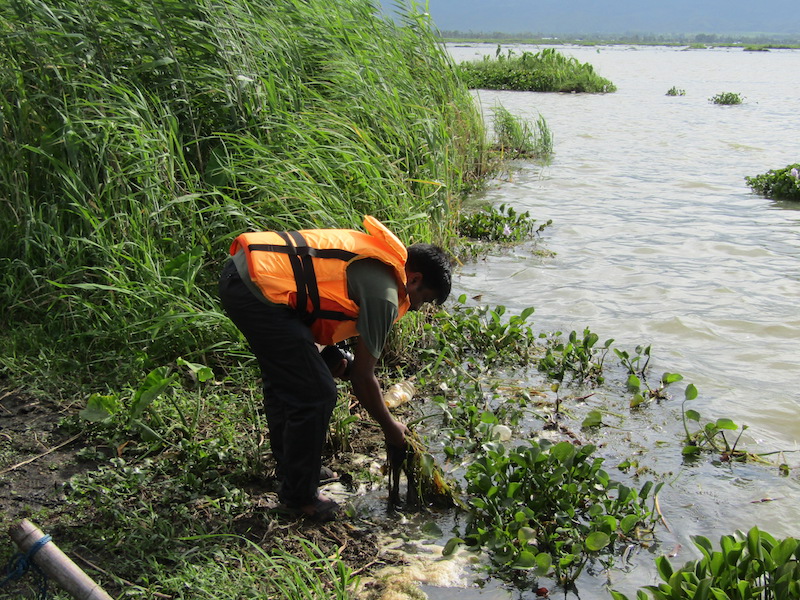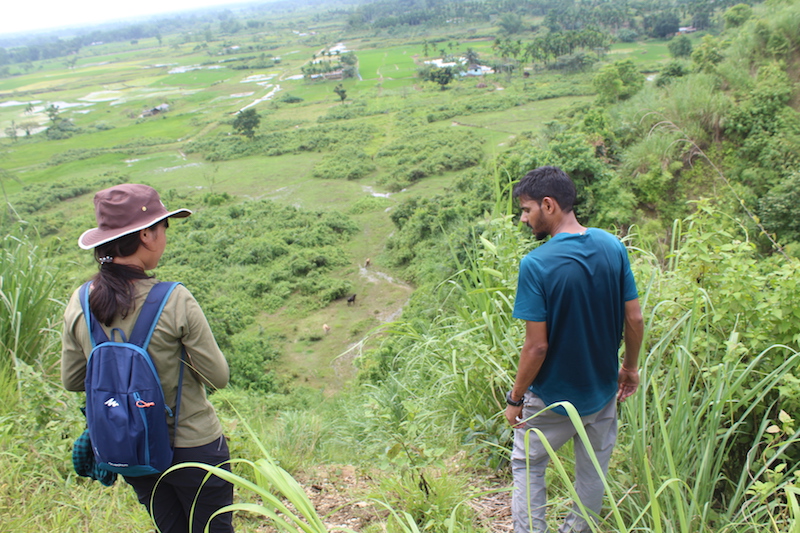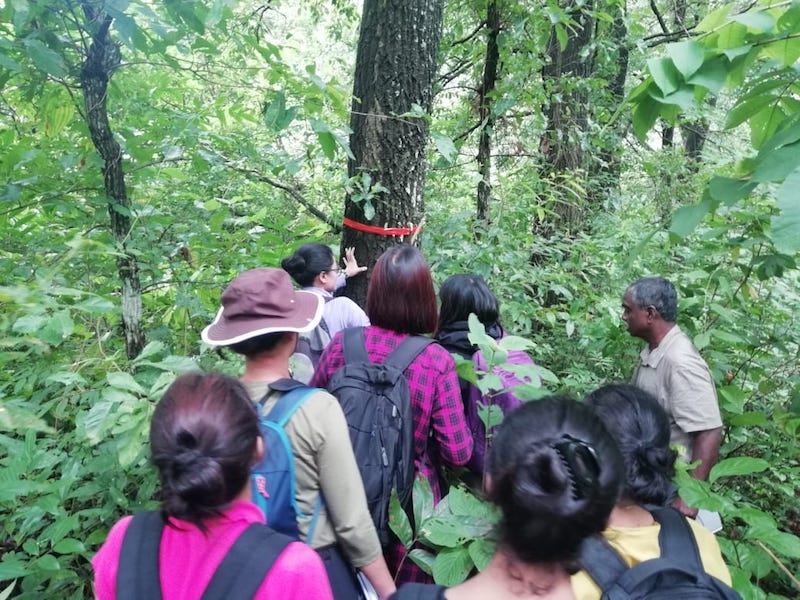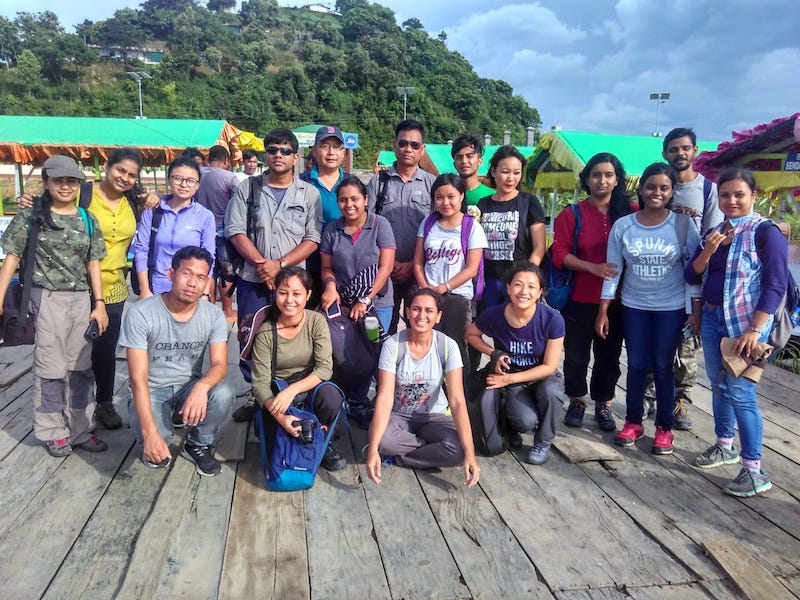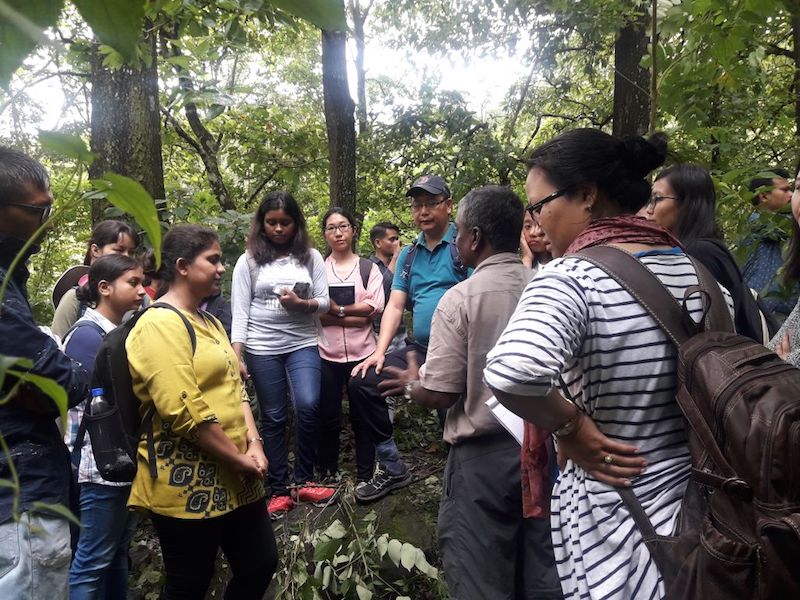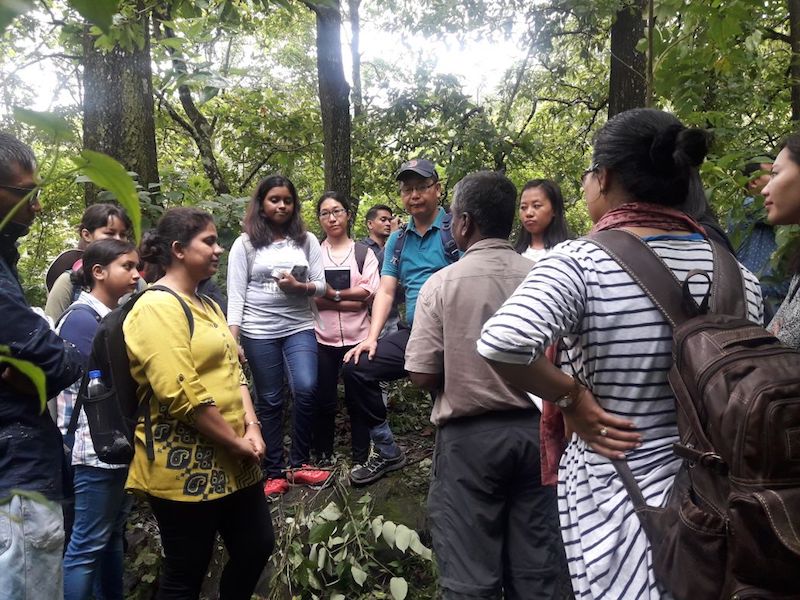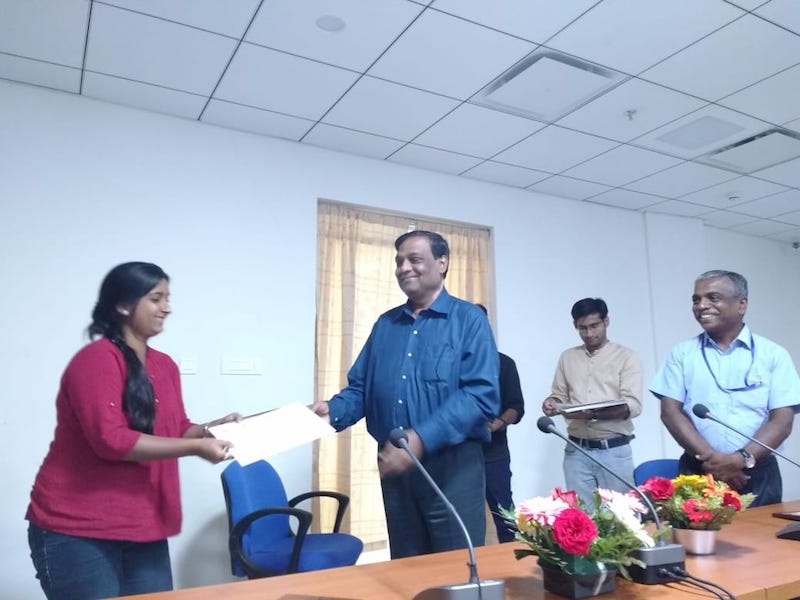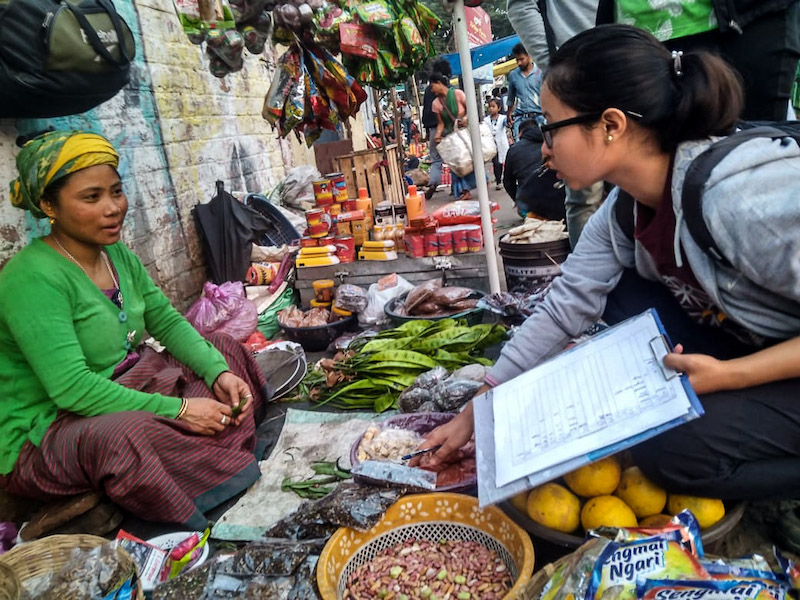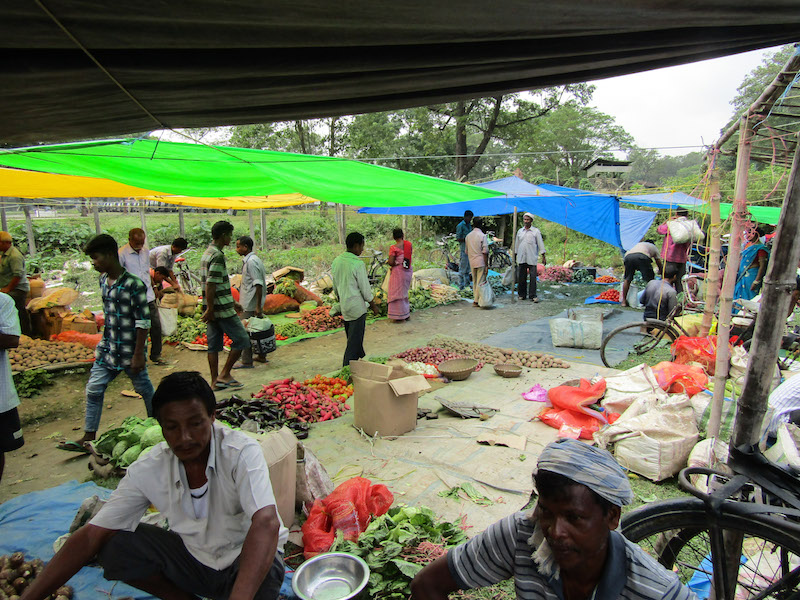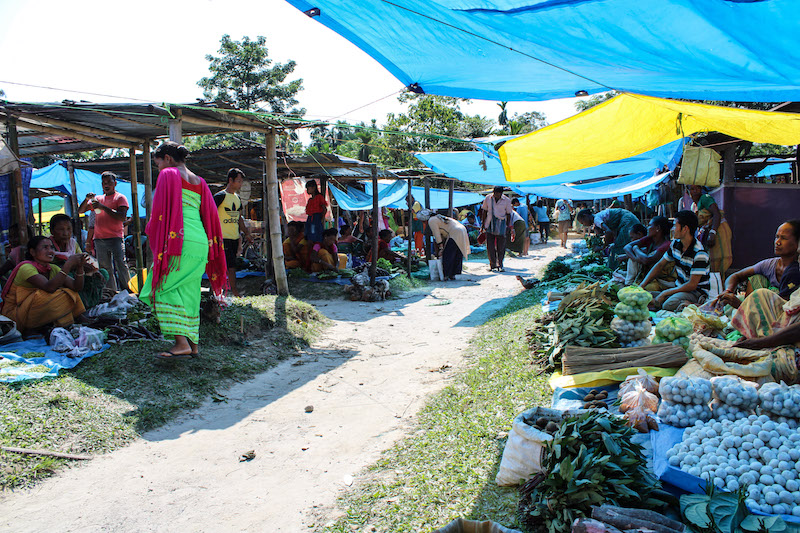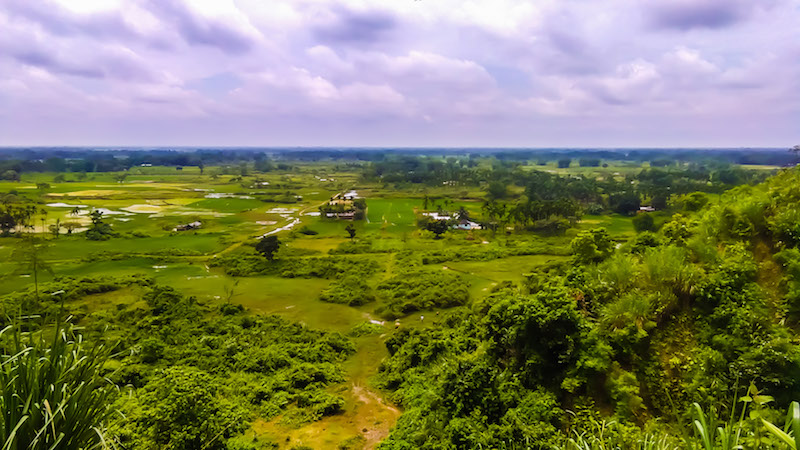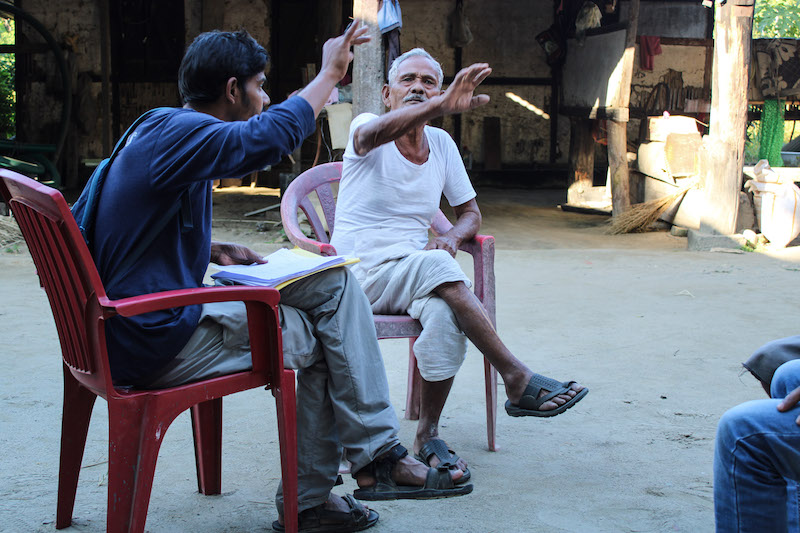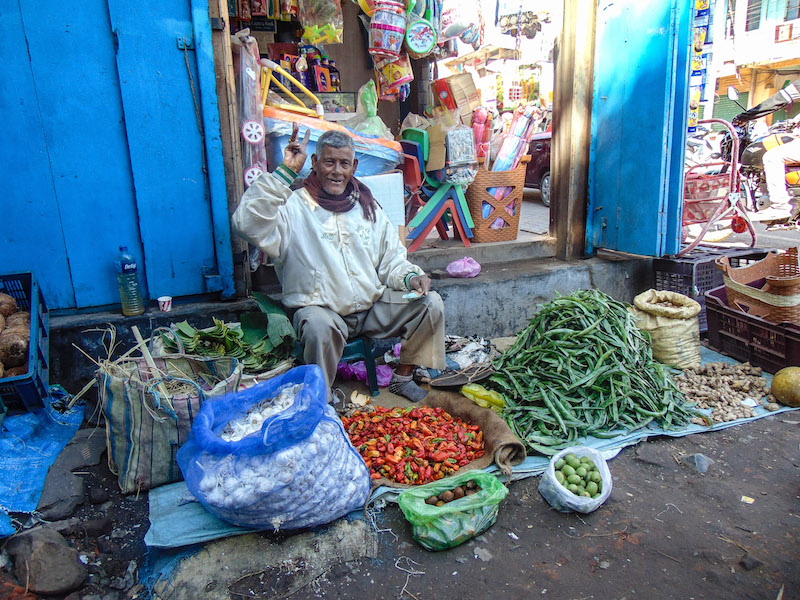Five-Day Workshop on Molecular Taxonomy
Date: 11 th -15 th March, 2019
Held at: Institute of Life Sciences, Bhubaneswar.
Organized by: ATREE, Bangalore
Highlights of the Event
> 55 researchers had participated in the workshop including 10 resource candidates
> The main objective of the workshop was to give participants basic knowledge on Molecular taxonomy and hands on training on modern molecular methods and techniques used in taxon identification, phylogeny and nomenclature determination; in the broader sense techniques for effective biodiversity monitoring, upon which conservation depends.
As far back as the late 1800s, researchers realized that answers to some ecological questions could be obtained by examining the molecular composition of the species. Aiming to provide hands on training on the molecular techniques that help us identify the species to its genus level, establish genetic relationship between the members of different taxonomic categories, detect the smallest variations within species and even within individual strains, a five-day workshop on ‘Molecular Taxonomy’ was held at Institute of Life Sciences, Bhubaneswar, Odhisa, an institute under Department of Biotechnology carrying out high-quality multidisciplinary research for the development and betterment of human health, agriculture and environment. Speaking on the occasion, Dr. Ajay Parida, Director of ILS in his inaugural talk said, “North Eastern region being a part of two biodiversity hotspot hold innumerable economically important species yet to be discovered and for that one has to have good knowledge on molecular techniques to identify and tell the world its importance.” Each resource person spoke on different topics covering all the project related important areas of molecular taxonomy. Besides talks, three practical sessions were conducted by the research fellows of ILS institute demonstrating different useful techniques and instruments that can be used for molecular genetic study such as extracting and sequencing of DNA, PCR application, operating DNeasy Plant Mini Kit, Species delimitation using PTP and tree building using MEGA.
Result:
This workshop was conducted as a part of training and induction under the network programme, “Bioresource and Sustainable Livelihoods in North East India” sponosred by DBT, Govt. of India. Balipara Foundation is a part of component 1 sub-project 2, under this programme, where our main objective is, “Quantitative assessment and mapping of plant diversity and bioresources in Upper and Lower Assam. Although our current project is based on quantitative assessment, the 5 day workshop on Molecular workshop was really informative and it can be very useful for our further studies if we can have a molecular lab facility in our campus, which will help us in more proper identification up to species level and find out their evolutionary relationship. We were also taken for laboratory visit in ILS, where they have demonstrated their various work on plant stress physiology, molecular work, gene sequencing and cryopreservation. This workshop was a platform for interexchange and learning of knowledge among all the participants.
Held at: Institute of Life Sciences, Bhubaneswar.
Organized by: ATREE, Bangalore
Highlights of the Event
> 55 researchers had participated in the workshop including 10 resource candidates
> The main objective of the workshop was to give participants basic knowledge on Molecular taxonomy and hands on training on modern molecular methods and techniques used in taxon identification, phylogeny and nomenclature determination; in the broader sense techniques for effective biodiversity monitoring, upon which conservation depends.
As far back as the late 1800s, researchers realized that answers to some ecological questions could be obtained by examining the molecular composition of the species. Aiming to provide hands on training on the molecular techniques that help us identify the species to its genus level, establish genetic relationship between the members of different taxonomic categories, detect the smallest variations within species and even within individual strains, a five-day workshop on ‘Molecular Taxonomy’ was held at Institute of Life Sciences, Bhubaneswar, Odhisa, an institute under Department of Biotechnology carrying out high-quality multidisciplinary research for the development and betterment of human health, agriculture and environment. Speaking on the occasion, Dr. Ajay Parida, Director of ILS in his inaugural talk said, “North Eastern region being a part of two biodiversity hotspot hold innumerable economically important species yet to be discovered and for that one has to have good knowledge on molecular techniques to identify and tell the world its importance.” Each resource person spoke on different topics covering all the project related important areas of molecular taxonomy. Besides talks, three practical sessions were conducted by the research fellows of ILS institute demonstrating different useful techniques and instruments that can be used for molecular genetic study such as extracting and sequencing of DNA, PCR application, operating DNeasy Plant Mini Kit, Species delimitation using PTP and tree building using MEGA.
Result:
This workshop was conducted as a part of training and induction under the network programme, “Bioresource and Sustainable Livelihoods in North East India” sponosred by DBT, Govt. of India. Balipara Foundation is a part of component 1 sub-project 2, under this programme, where our main objective is, “Quantitative assessment and mapping of plant diversity and bioresources in Upper and Lower Assam. Although our current project is based on quantitative assessment, the 5 day workshop on Molecular workshop was really informative and it can be very useful for our further studies if we can have a molecular lab facility in our campus, which will help us in more proper identification up to species level and find out their evolutionary relationship. We were also taken for laboratory visit in ILS, where they have demonstrated their various work on plant stress physiology, molecular work, gene sequencing and cryopreservation. This workshop was a platform for interexchange and learning of knowledge among all the participants.
